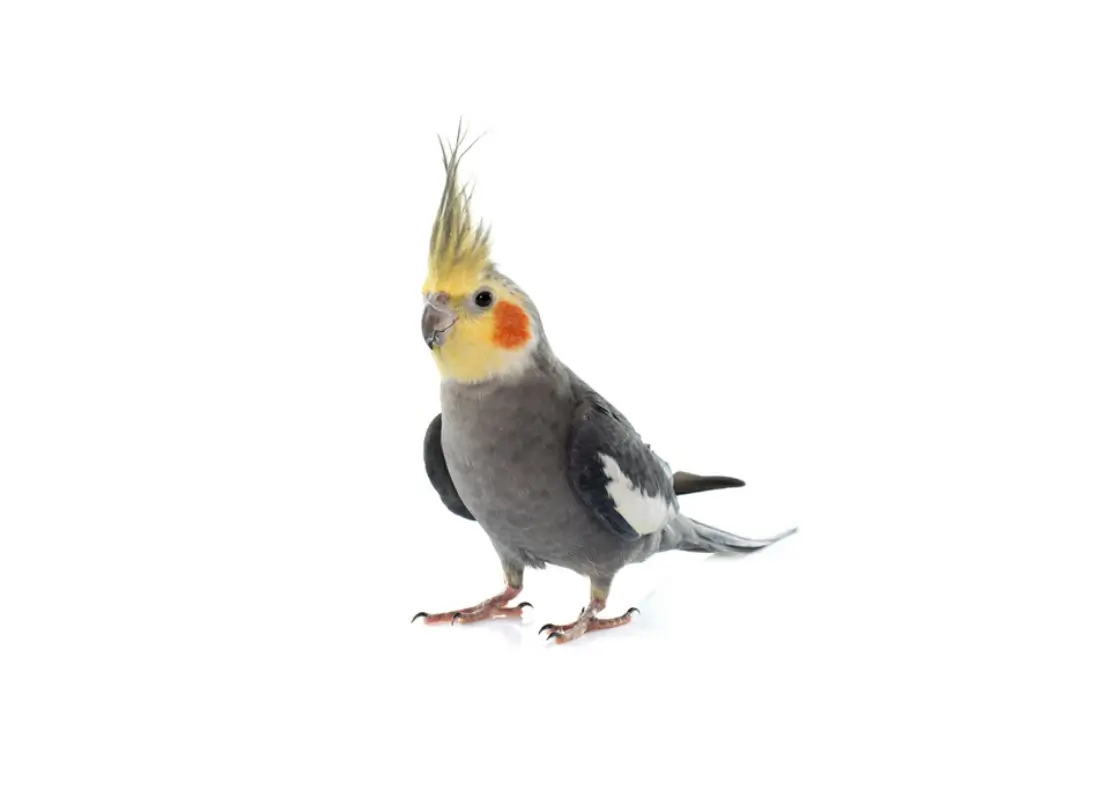Slapped Cheek Syndrome- the key facts
What is Slapped Cheek Syndrome?
- Slapped Cheek Syndrome is one of those slightly odd viruses that frequently crops up in schools and childcare facilities.
- It’s sometimes also referred to as “Erythema Infectiosum” or ” Fifth Disease”.
- It’s caused by a virus called Parvovirus B19. This is not the same as the parvovirus that infects dogs and cats, which is a different strain.
- Parents, carers and pregnant women often have quite a few questions about Slapped Cheek, so here are some of the key points
What are the symptoms of Slapped Cheek Syndrome and how is it spread?
- Slapped Cheek mainly affects children aged 4-10 years old, though anyone can get it if they’ve not had it before.
- Many people who are infected show no symptoms (i.e. it’s often a “silent” infection), and symptoms may vary quite a lot from child to child.
- It’s spread by breathing in or swallowing coughed or sneezed fluid droplets from an infected person.
- Symptoms can take between 4 and 14 days to appear after catching the virus.
- First symptoms can include fever, tiredness, headache, stomach upset, aches and pains, sore throat and a runny nose. It’s at this point that the virus can be spread to others, via saliva, coughs and sneezes.
- The typical slapped cheek rash may appear as bright red cheeks 3 to 7 days after catching the virus- hence the name. Not everyone gets this classic slapped cheek rash.
- Once the slapped cheek rash appears the child is no longer likely to be infectious to others. Though it may look a little alarming, these children can return to childcare or school, if they feel well enough.
- Some children may also develop a different rash on their bodies when they have Slapped Cheek Syndrome- this can form a pink lace-like pattern on the skin, and can come and go for several weeks. It may be mildly itchy.
What is the treatment for Slapped Cheek Syndrome?
- Fever, aches and pains may be controlled with Paracetamol (Panadol) or Ibuprofen (Nurofen).
- Antibiotics do not help because Slapped Cheek Syndrome is caused by a virus.
- If there is itch, an antihistamine may be useful.
- And as with any illness, if a child seems particularly unwell, they should be seen by a doctor to make sure nothing more serious is going on.
Are there any complications of Slapped Cheek syndrome?
- Complications are rare. Occasionally, joint swelling and pain may develop in the hands and feet. This is more common in teenagers or adults, and will usually pass within a few weeks.
- If for some reason a child’s immune system is not functioning properly- for example due to long term steroids, chemotherapy or an organ transplant- slapped cheek syndrome can be more serious. Equally, if a child has a blood disorder such as sickle cell anaemia or another severe anaemia (a very low blood count), the infection can be more dangerous. Children with any of these issues who are exposed to slapped cheek syndrome, or who develop symptoms of Slapped Cheek Syndrome, should see a doctor immediately.
What about Slapped Cheek Syndrome in Pregnancy?
- Pregnant women who are exposed to Slapped Cheek Syndrome should ask their doctor to check if they already have immunity to Parvovirus B19 by performing a blood test (some women may have had this checked at the start of their pregnancy as part of their routine blood tests).
- If a woman already has immunity, there is no risk of infection to the baby.
- If she has no immunity but thinks she has been exposed to Slapped Cheek Syndrome, then the doctor may repeat blood tests over the following weeks to see if evidence of infection shows up.
- If a pregnant women becomes infected with Slapped Cheek Syndrome, in most cases she and her baby will be absolutely fine. However, infection in the first 20 weeks of pregnancy can cause an increased risk of miscarriage, and between weeks 9 and 20 weeks of pregnancy it can lead to foetal complications- thus it’s vital to seek medical advice, as more careful monitoring of the pregnancy may be recommended.
For more information on Slapped Cheek Syndrome, speak to your GP, or read more at the Royal Children’s Hospital website.
Getting a Mental Health Care Plan in Australia: Your Guide
Getting a Mental Health Care Plan in Australia: Your Guide Mental health matters—and if you’re feeling overwhelmed, anxious, or down, a mental health care plan can help. But what is it, and how do [...]
UTI Symptoms and Treatment: What You Need to Know
UTI Symptoms and Treatment: What You Need to Know Urinary Tract Infections (UTIs) are common, uncomfortable, and often disruptive. But what exactly are the signs to watch for, and how can you get relief [...]
Free Mental Health Care Plan Online | Bulk-Billed by Qoctor
Free Mental Health Care Plan Online | Bulk-Billed by Qoctor Discover how to get a free, bulk-billed Mental Health Care Plan (MHCP) in Australia through Qoctor's telehealth service. Accessing [...]






